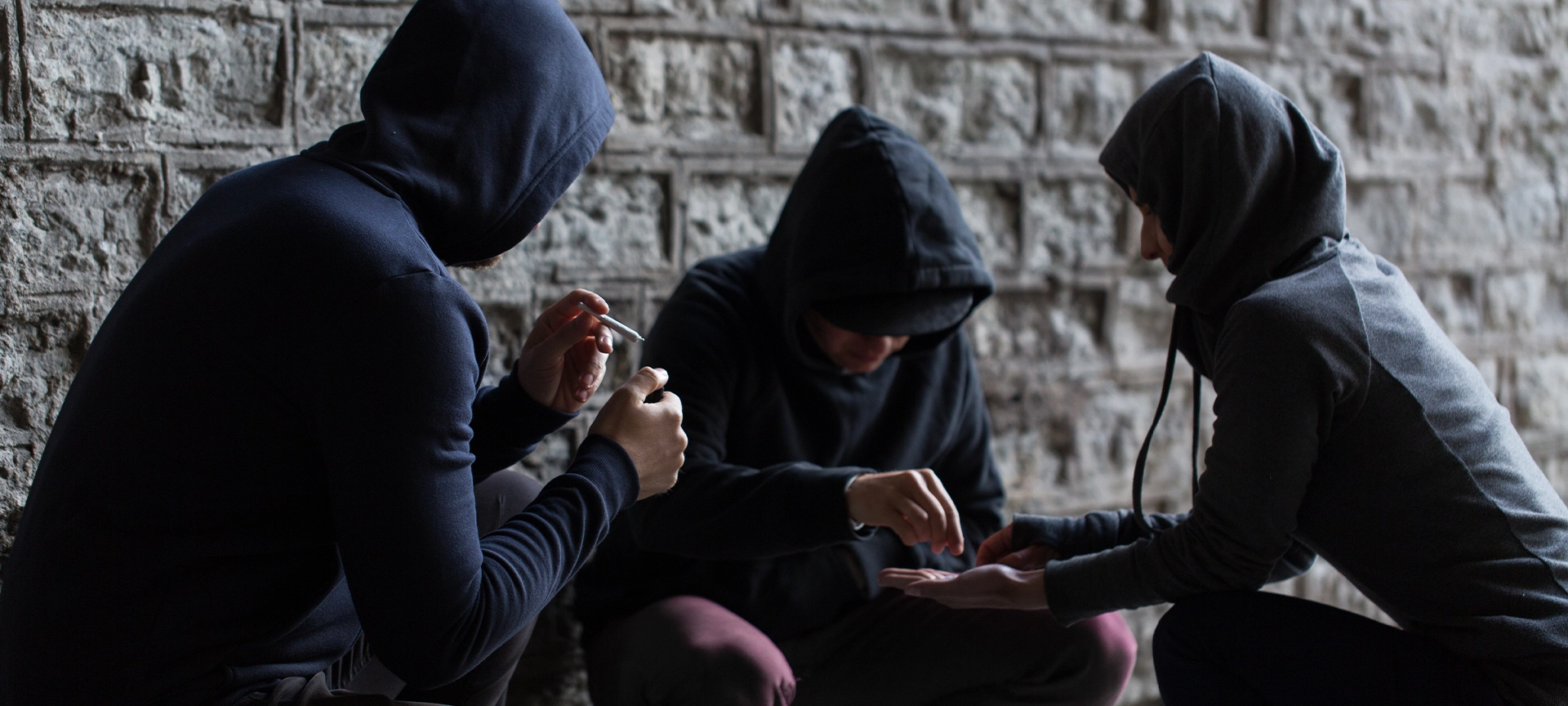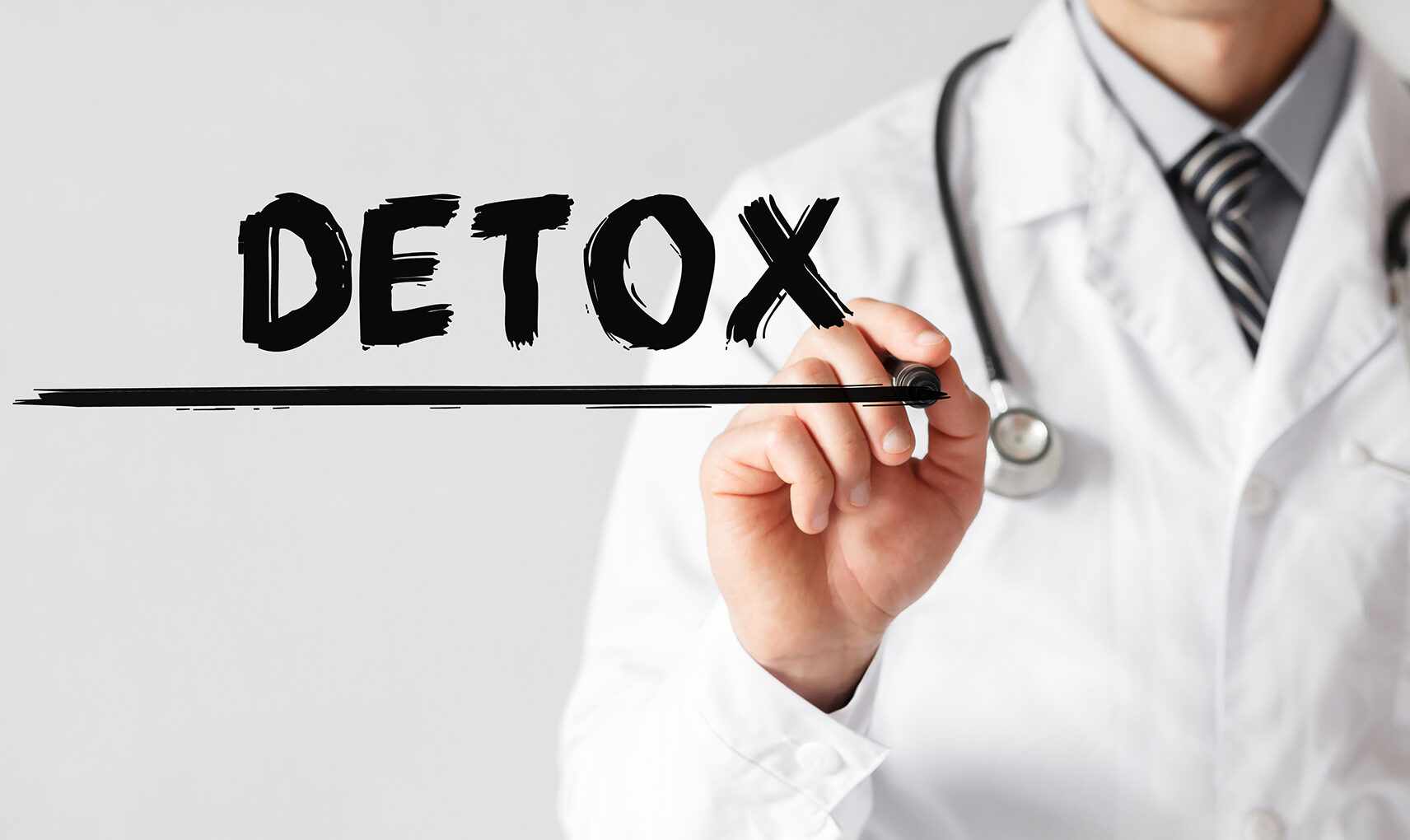Truth About Peer Pressure and Addiction: How to Break Free

Have you ever gone along with something just because your friends were doing it? That’s peer pressure – and while it might seem harmless at times, it can sometimes lead to serious issues like addiction. In this article, we’ll talk about how peer pressure can influence addictive behaviours, how to break free from it, and what treatment options are available. If you or someone you know is struggling, Prayas Sewa Samiti – a trusted rehab centre in Dehradun – is here to help with care, guidance, and support every step of the way.
What Exactly Is Peer Pressure and Addiction?
Think of peer pressure and addiction as two sides of the same coin. Peer pressure is when the people around you—friends, classmates, colleagues—make you feel like you have to act a certain way to belong. Addiction, on the other hand, happens when your body or mind becomes dependent on a substance like alcohol, drugs, or other harmful things.
When these two come together, peer pressure often becomes the first step toward addiction. For example, a teenager might try smoking or drinking just to fit in with their group. Over time, what started as “just trying it” can turn into a serious problem.
How Peer Pressure Leads to Addiction
It’s not always easy to say no when everyone around you is saying yes. Whether it’s your close friends or even people you barely know, the pressure to “join in” can be intense. The tricky part is that this pressure isn’t always obvious—it might be subtle, like a few teasing comments or the fear of missing out.
This is how peer pressure and addiction often go hand in hand:
-
Being offered drugs or alcohol at parties and feeling like you can’t refuse.
-
Friends encouraging you to “just try it once.”
-
Social groups where substance use feels like a normal part of hanging out.
-
Work environments where drinking after hours is expected.
The more you give in, the harder it becomes to stop, which leads to addiction.

Spotting the Early Signs
Sometimes it’s hard to notice when someone is falling into addiction because it starts quietly. But if you pay attention, certain changes can hint at problems caused by peer pressure and addiction:
-
Losing interest in activities they used to love.
-
Withdrawing from family or old friends.
-
Suddenly secretive or defensive about their behaviour.
-
Dropping grades or struggling at work.
-
Mood swings or unusual behaviour.
If you or someone you care about shows these signs, it might be time to ask for help.
Why Mental Health Matters in Peer Pressure and Addiction
The way we feel inside has a huge impact on how we deal with peer pressure and addiction. People dealing with anxiety, stress, or low confidence are often more vulnerable to giving in. They might use substances as a way to cope or escape.
That’s why tackling peer pressure and addiction isn’t just about quitting drugs or alcohol. Mental and emotional health need attention too, making recovery a whole-person journey.
Preventing Peer Pressure and Addiction
Stopping addiction before it starts is always better. Here are some simple, practical steps to resist peer pressure:
-
Build confidence so you can say “no” without feeling guilty.
-
Choose your circle carefully. Surround yourself with friends who respect your choices.
-
Learn to handle tough situations with prepared responses.
-
Stay active in hobbies and interests that keep you busy and happy.
-
Talk openly to someone you trust if you’re feeling pressured.
The right support and mindset make all the difference.
Holistic Addiction Treatment: Healing the Whole Person
When addiction does happen, it’s important to seek the right kind of help. Apart from counselling and medical treatment, holistic addiction treatment has gained a lot of attention because it treats more than just the addiction.
This approach includes things like yoga, meditation, nutritional therapy, and emotional support. It focuses on healing your body, mind, and spirit, helping you find balance and peace beyond just stopping substance use.
Understanding Addiction Detoxification
Before recovery can fully begin, the body needs to clear out harmful substances safely. This process is called addiction detoxification. Detox is often the first step, but it’s a critical one. It helps manage withdrawal symptoms and prepares you for the next phase of treatment.
Trying to detox alone can be dangerous. That’s why medical supervision is important—it keeps you safe and comfortable through the toughest part.

How to Maintain Sobriety After Addiction Caused by Peer Pressure
Getting through detox and treatment is a big win, but staying sober is an ongoing effort. Here are some important tips on how to maintain sobriety once you’ve overcome peer-influenced addiction:
-
Avoid places or people that encourage substance use.
-
Join support groups or aftercare programs.
-
Make self-care a daily habit—physical exercise, healthy eating, meditation.
-
Keep in touch with therapists or mentors who can guide you.
-
Set goals that motivate you and celebrate your progress.
Sobriety is about creating a new lifestyle where you feel confident and happy without substances.
Why Schools and Colleges Should Take Peer Pressure Seriously
Most people face peer pressure first in their school or college years. That’s when the risk of developing addiction is highest. Schools need to create safe environments where students can openly discuss their struggles without fear.
Awareness programs, counselling, and open communication are essential tools for preventing addiction caused by peer pressure.
Final Thoughts
Peer pressure and addiction a tough challenges that many people face, often silently. But it’s important to know that help is available and recovery is possible. The key is to act early and find the right support system.
At Prayas Sewa Samiti, we understand how overwhelming addiction can be. As the best de-addiction centre in Dehradun, we offer personalised care, combining medical expertise with holistic treatment options to help you reclaim your life.
If you or someone you know is struggling with the effects of peer pressure and addiction, don’t hesitate to reach out. There is hope, and you don’t have to face this journey alone.
Reach out to Prayas Sewa Samiti today—because recovery is possible, and a better life awaits.